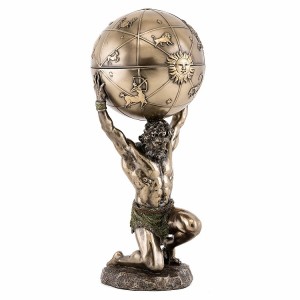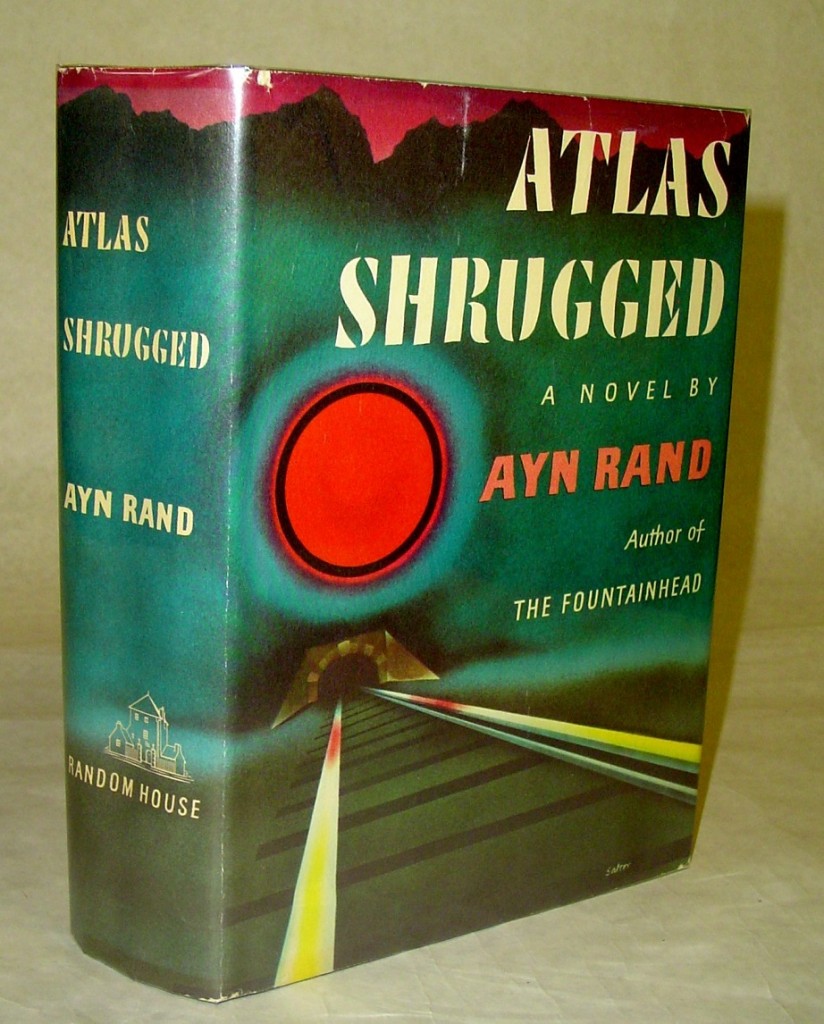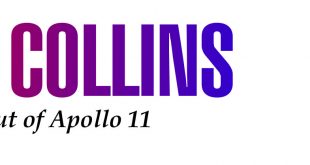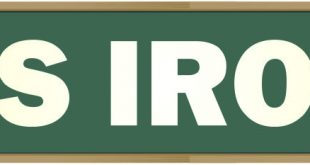Ayn Rand’s Atlas Shrugged
A novel of ideas
In his tweet dated 7th of July 2019, Prime Minister Imran Khan shared the words of a renowned Russian-American writer, Ayn Rand, which, in his view, aptly describe the state in which the national economy was when he took over the reins of the country. In his post, the premier said, “This is so apt for the Pakistan inherited by the PTI government. Ayn Rand wrote this almost 60 years ago. It’s frightening how accurate this statement is today.” This was followed by a screenshot of one of the writer`s famous quotes. The writer of the acclaimed work Atlas Shrugged had said: “When you see that trading is done, not by consent, but by compulsion—when you see that in order to produce, you need to obtain permission from men who produce nothing—when you see that money is flowing to those who deal, not in good, but in favours—when you see that men get richer by graft and by pull than by work, and your laws don’t protect you against them, but protect them against you—when you see corruption being rewarded and honesty becoming a self-sacrifice—you may know that your society is doomed.”
This tweet has garnered a lot of curiosity among the people about Ayn Rand and her writings. Following is a review of this monumental work titled “Atlas Shrugged”
One of the most influential business books ever written is a 1,200-page novel published 50 years ago, on Oct. 12, 1957. The book is “Atlas Shrugged,” Ayn Rand’s glorification of the right of individuals to live entirely for their own interest. Arresting in its breadth, depth, and style, the novel is a manifesto on politics, philosophy, and economics wrapped up in a compelling narrative featuring larger-than-life (and smaller-than-life) characters.
 Atlas Shrugged has shaped the worldview of many devotees of liberty, and it surged in popularity in the wake of the recent financial crisis since it became clear that the government’s response to crisis and recession would not be to learn from its mistakes and recede but to expand its reach. It is Atlas Shrugged a great novel basically for two reasons.
Atlas Shrugged has shaped the worldview of many devotees of liberty, and it surged in popularity in the wake of the recent financial crisis since it became clear that the government’s response to crisis and recession would not be to learn from its mistakes and recede but to expand its reach. It is Atlas Shrugged a great novel basically for two reasons.
The first is its treatment of human potential. Atlas Shrugged is a brilliant exposition of the things that are made possible by the rational, thinking human mind. A lot of things that we take for granted are the product of free markets harnessing the power of free minds. Something as mundane as a hot cup of coffee, for example, embodies innumerable decisions by innumerable people, each with their own specialized knowledge. We see what happens throughout the book when people are unshackled and allowed to pursue their own goals. Production increases. Lives are saved. Life is meaningful.
The second reason is its exploration of how a society disintegrates when we deny human nature. The great tragedy I see throughout Atlas is the tragedy of what might have been. The producers are destroyed, and their destroyers continue to be oblivious to their destruction. One of the most important principles in economics is that we rarely if ever take account of the unseen, unintended consequences of policies and actions. In several places throughout the book, Rand explores how an “emergency directive” to help someone in one part of the country leads to the ruin or suicide of a bankrupt entrepreneur in another part of the country. The book is an extended lesson in what happens when we focus only on what we see.
Atlas Shrugged confronts its reader with a difficult and uncomfortable set of moral questions. Production is the outpouring of the human mind. The mind responds to the problems presented by the physical and material environment, but without the application of intelligence, no production is possible. Life, if one would call it that, would be nasty, brutish, and short.
The most interesting moral question concerns the unintended consequences of supposedly good intentions. The idea that we should serve one another and that we should practice love and charity is appealing (as a Christian, I think them obligatory), but these principles are often applied in an almost strictly superficial sense.
Atlas traces the unseen, unintended consequences of so-called “good intentions.” Henry Rearden, for example, points out that he cannot use his suppliers’ good intentions to fuel his blast furnaces. When I board an airplane or get behind the wheel of a car, I like to think that the governing principles are not charity and sincerity but excellence and fidelity. If I have to have my brakes fixed, I care only about whether the person doing the work is honest and competent; I don’t care a wit for whether he means well. His intelligence and his fidelity, not his intentions and his sincerity, are what will slow my car when I am hurtling down the freeway at sixty or seventy miles per hour. Well-meaning incompetence poses a danger to me and to those around me.
Recent events—the bizarro circus that is the 2016 election, the disintegration of Venezuela, and so on make me wonder if a lot of this could have been avoided had we taken Atlas Shrugged’s message to heart. It is a book that is worth re-reading every few years. In this sense, it takes its place alongside books like 1984 as 20th-century cautionary tales that teach lessons we ignore at our peril.
Structure of the novel
Atlas Shrugged is structured in three major parts, each of which consists of ten chapters. The parts and chapters are named, and the titles typically suggest multiple layers of meaning and implication.
The three parts of the book are each named in tribute to Aristotle’s laws of logic.
Part One is titled “Non-Contradiction,” and appropriately, the first third of the book confronts two prominent business executives, Dagny Taggart and Hank Rearden and the reader with a host of seeming contradictions and paradoxes with no apparently logical solutions.
Part Two, titled “Either-Or,” focuses on Dagny Taggart’s struggle to resolve a dilemma: either to continue her battle to save her business or to give it up.
Part Three is titled “A Is A,” symbolizing what Rand referred to as “the Law of Identity” and here, the answers to all the apparent contradictions finally are identified and resolved by Dagny and Rearden, and also for the reader.
Quotes
“Do not let your fire go out, spark by irreplaceable spark in the hopeless swamps of the not-quite, the not-yet, and the not-at-all. Do not let the hero in your soul perish in lonely frustration for the life you deserved and have never been able to reach. The world you desire can be won. It exists.. it is real.. it is possible.. it’s yours.”
“Never think of pain or danger or enemies a moment longer than is necessary to fight them.”
“I started my life with a single absolute: that the world was mine to shape in the image of my highest values and never to be given up to a lesser standard, no matter how long or hard the struggle.”
“What greater wealth is there than to own your life and to spend it on growing? Every living thing must grow. It can’t stand still. It must grow or perish.”
“Live and act within the limit of your knowledge and keep expanding it to the limit of your life.”
“People will rarely oppose what you do, but don’t expect them to stand up and approve either. Basically, when you’re advancing towards a goal, you need to use your own measurements as a compass for where you’re going – don’t rely on others to tell you that you’re making progress.”
“Ask yourself whether the dream of heaven and greatness should be left waiting for us in our graves-or whether it should be ours here and now and on this earth.”
“Happiness is a state of non-contradictory joy – a joy without penalty or guilt, a joy that does not clash with any of your values and does not work for your own destruction, not the joy of escaping from your mind, but of using your mind’s fullest power, not the joy of faking reality, but of achieving values that are real, not the joy of a drunkard, but of a producer.”
Have you ever asked what is the root of money? Money is a tool of exchange, which can’t exist unless there are goods produced and men able to produce them. Money is the material shape of the principle that men who wish to deal with one another must deal by trade and give value for value. Money is not the tool of the moochers, who claim your product by tears, or of the looters, who take it from you by force. Money is made possible only by the men who produce. Is this what you consider evil?”
 Jahangir's World Times First Comprehensive Magazine for students/teachers of competitive exams and general readers as well.
Jahangir's World Times First Comprehensive Magazine for students/teachers of competitive exams and general readers as well.




